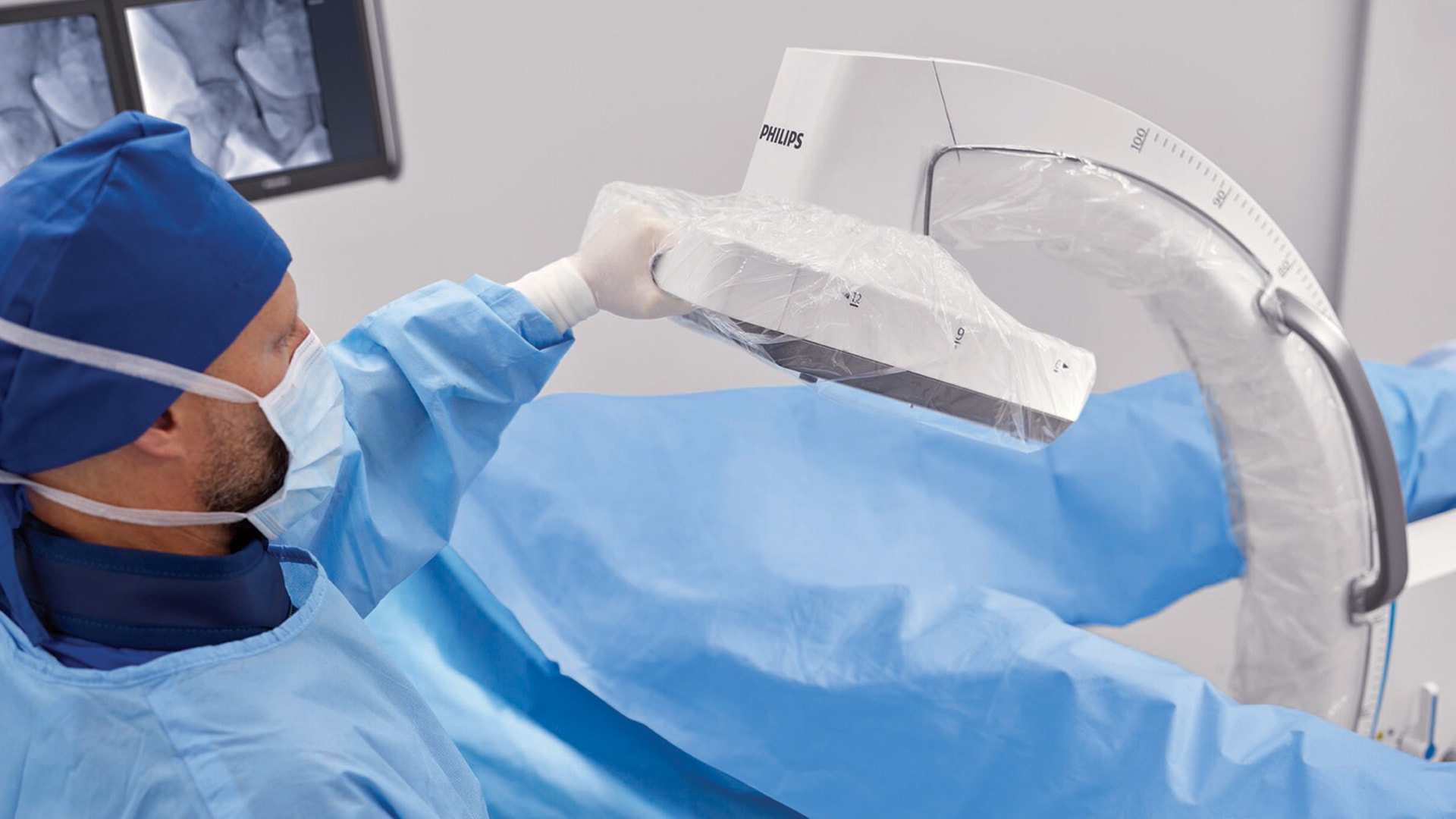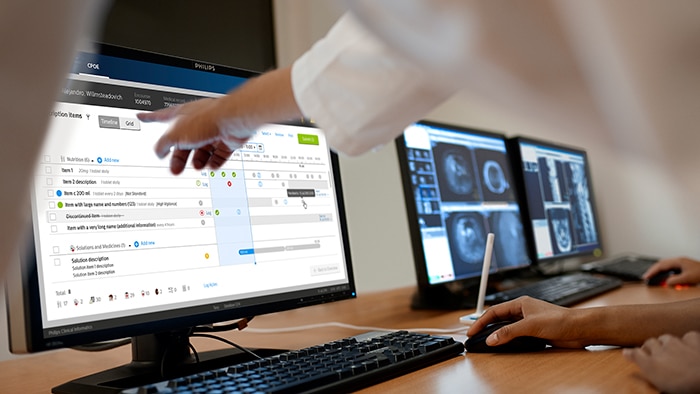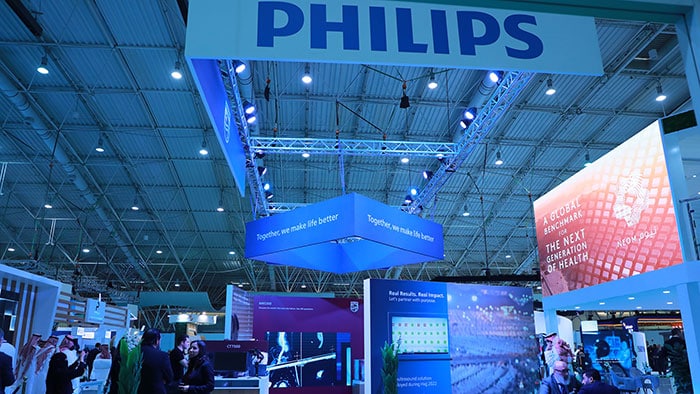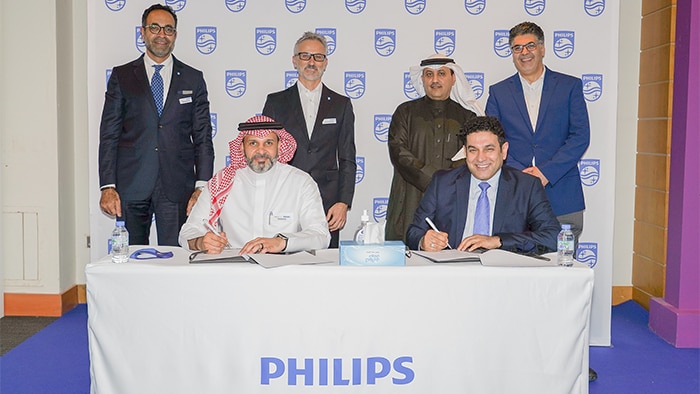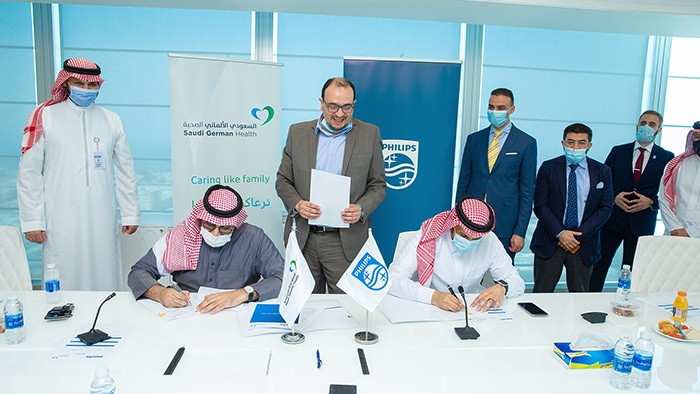Oct 12, 2020
Younger Saudi healthcare professionals are enthusiastic adopters of new technology, according to the Future Health Index 2020 report, conducted by Philips
Riyadh, Saudi Arabia – Royal Philips (NYSE: PHG, AEX: PHIA), a global leader in health technology, has published its Future Health Index (FHI) 2020 report: ‘The age of opportunity: Empowering the next generation to transform healthcare.’ The report is the first large-scale survey of the younger healthcare professionals capturing feedback from nearly 3,000 respondents under the age of 40, across 15 countries including around 200 from Saudi Arabia. This year, Philips’ Future Health Index (FHI) 2020 report delves into the experiences of younger healthcare professionals, who will make up the majority of our healthcare workforce over the next 20 years. Critical insights gathered from the survey reveal the hopes and dreams of Saudi Arabia’s next generation and its readiness to manage tomorrow’s healthcare.
The study reveals that Saudi Arabia’s younger healthcare professionals are well positioned for the future, often performing above average of all countries surveyed.
The burden of transforming healthcare lies on the shoulders of this next generation of healthcare professionals, but too often their views are not fully understood, nor taken into consideration to impact change. The findings of the Future Health Index (FHI) 2020 report reconfirms that our local younger healthcare professionals in Saudi Arabia, are well-equipped, to use technology to deliver better care, and make a difference in patient outcomes. This is due to education as well as through the hospital’s digital capabilities. The younger generation’s desire to embrace healthcare technology, coupled with the Ministry of Health’s eHealth1strategy roadmap, accelerates the Kingdom towards the next level of digital healthcare as outlined in the Saudi Vision 2030.”
Mohammed Mostafa
Health Systems General Manager for Philips Middle East & Turkey
The Future Health Index 2020 report identifies three core themes and critical findings: Healthcare Education and Training Saudi Arabia is leading the way in preparing younger healthcare professionals for the realities of their role The Kingdom’s younger healthcare professionals’ sound educational training has equipped them to manage the shift to a digital healthcare environment and the changes it brings to the way they work. In contrast to most of the other countries surveyed in the Future Health Index 2020 report, a majority of younger healthcare professionals in Saudi Arabia feel their medical education prepared them for the non-clinical aspects of their careers. 51% of respondents say that their hospital or practice provides them with continuous education on managing business administrative tasks, compared to the average of all countries surveyed at 37%. Many younger healthcare professionals in Saudi Arabia agree it’s particularly true in relation to business administration tasks, the adoption of new technologies, data privacy regulations and driving efficiencies. Knowledge of value-based care is among the highest in Saudi Arabia 51% of younger healthcare professionals say they know a lot about value-based care. The Saudi government has invested heavily in healthcare, including a national e-Health strategy to encourage the adoption of digital health technologies and the Saudi Vision 20302. Potentially, this focus on advancing healthcare has contributed to younger healthcare professionals in Saudi Arabia having among the highest awareness of value-based care of all. Harnessing Technology to Transform Healthcare Respondents in Saudi Arabia are excited about the possibilities of aggregated anonymous patient data. Nearly all (96%) agree that the societal benefits of anonymized data outweigh the risks. 84% of younger healthcare professionals believe that digital health technologies will improve patients’ experiences. They are ready to use digital healthcare technologies to improve the patient experience with 79% believing that this would mean more time to spend with patients, compared to the average of all countries surveyed at 64%. 94% of Saudi Arabia’s younger healthcare professionals work in hospitals that are open to embrace new technology. The country’s leadership in the adoption of medical technology is also reflected by its younger healthcare professionals’ willingness to use unconventional solutions to redirect valuable clinician time. While portable diagnostic capabilities and digital health records top the list of the most beneficial digital health technologies to improve patient care in the next five years, this next generation of healthcare professionals also sees the potential benefits of artificial intelligence, 5G and augmented reality. 35% say that artificial intelligence (AI) to integrate diagnostics is the digital health technology that would most improve their satisfaction, compared to 26% among their peers in the other countries surveyed. 87% of those surveyed agree that technology has the potential to reduce their workload. Creating the ideal healthcare working environment Most of the younger healthcare professionals in Saudi Arabia agree that new technologies are important for their work. 83% of surveyed agree that advancements in medical technology make them excited about the future of the healthcare profession. 96% of Saudi Arabia’s younger healthcare professionals believe in the importance of a collaborative culture, while 95% agree that the availability of the latest equipment and technologies are important factors when choosing a hospital or practice to work in The Future Health Index 2020 report makes it clear that the next generation of healthcare professionals in Saudi Arabia is well-prepared to lead the way in the adoption of healthcare technologies to ensure better clinical outcomes, enhanced patient experiences and an engaged healthcare workforce. Since 2016, Philips has conducted original research to help determine the readiness of countries to address global health challenges and build efficient and effective health systems. Details on the methodology and a full list of sources are available here. You can download the full Saudi Arabia report here.
About Royal Philips
Royal Philips (NYSE: PHG, AEX: PHIA) is a leading health technology company focused on improving people's health and enabling better outcomes across the health continuum from healthy living and prevention, to diagnosis, treatment and home care. Philips leverages advanced technology and deep clinical and consumer insights to deliver integrated solutions. Headquartered in the Netherlands, the company is a leader in diagnostic imaging, image-guided therapy, patient monitoring and health informatics, as well as in consumer health and home care. Philips generated 2019 sales of EUR 19.5 billion and employs approximately 80,000 employees with sales and services in more than 100 countries. News about Philips can be found at www.philips.com/newscenter
Topics
Contacts

Rengin Erdinç
Head of Brand & Communications Philips Middle East & Turkey



